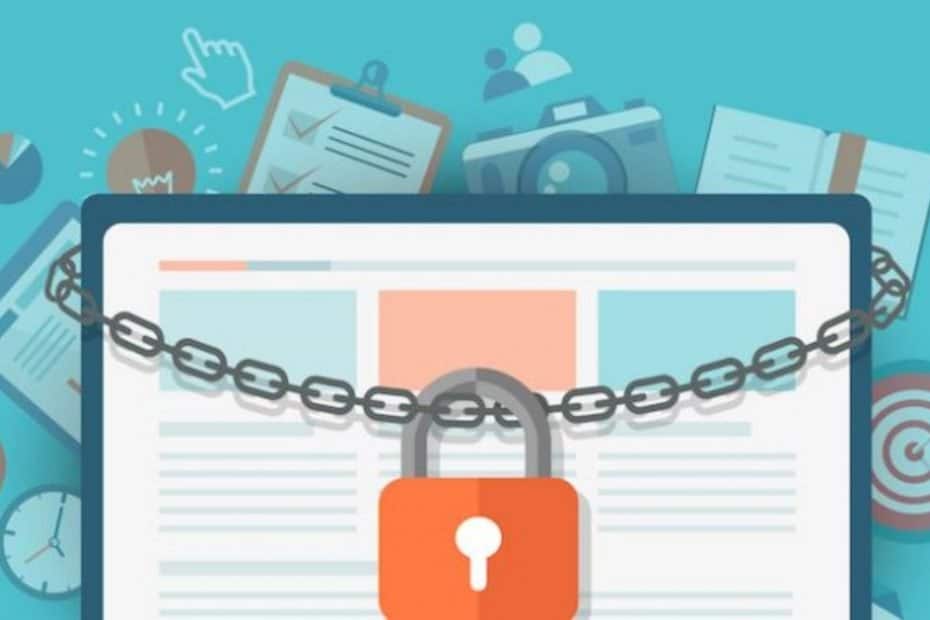Your
Get to Know VPN Encryption Protocols – Pros and Cons
I’m going to do this in point form bullet notes of pros and cons at first. If you want to learn more, simply scroll down to the conclusion for my summary.
PPTP VPN encryption protocols
- Easy to setup, commonly handled by the software itself
- Can be used on nearly every operating system
- You can enjoy fast connections
Cons:
- Has the lowest level of encryption amongst all available
VPN encryption protocols - The MS-CHAP v.2 has a known exploit
- Firewalls are able to block it
OpenVPN encryption protocols
Pros:
- Will bypass firewalls
- Uses a very complex algorithm for encryption
- You can configure it through an open source
VPN client - Used by custom app providers
Cons:
- Beginners will find it confusing and difficult to set up on their own
- You must have a client or app to run it
L2TP/IPsec VPN encryption protocols
Pros:
- Has a level of encryption above PPTP with an additional passkey authentication step
- Can be used on nearly every operating system
- Offers fast connections with very secure encryption
Cons:
- Can lag slightly behind
VPN protocols such as OpenVPN - Overall efficiency of connection may decrease due to considerable overhead of encapsulated PPP packets
SSTP VPN encryption protocols
Pros:
- Uses AES encryption algorithms for highest level of security
- Used frequently by businesses and universities with sensitive data
Cons:
- Not currently available on Mac, iOS, or Android systems
- Connection speed is slower due to extra level of encryption
- Not all
VPN providers offer SSTP encryption protocols
Conclusion on VPN encryption protocols
To look at PPTP in an easy to understand fashion, it offers the weakest level of
Those who want to truly enhance their security will have to look at OpenVPN, SSTP, and L2TP
This all becomes important as the best VPN providers offer you the chance to choose what
Feature image via La1n / Shutterstock

